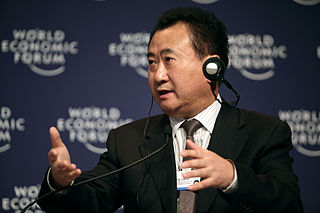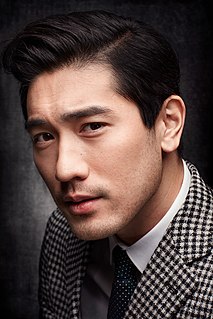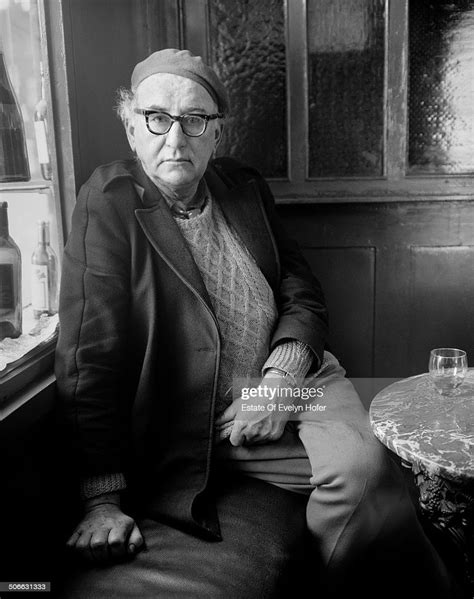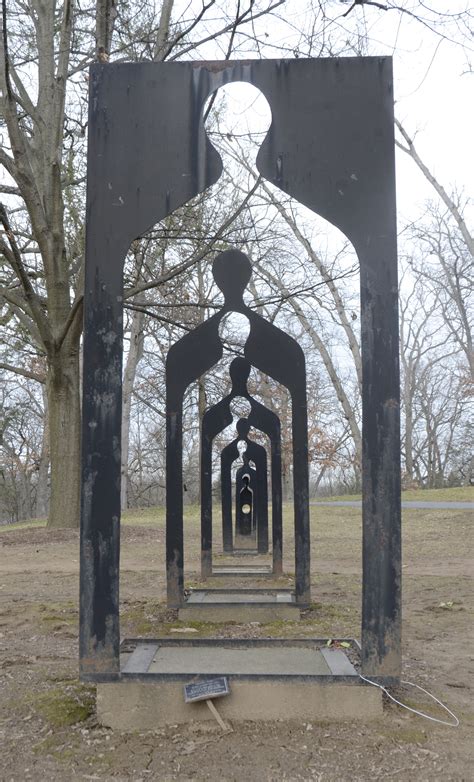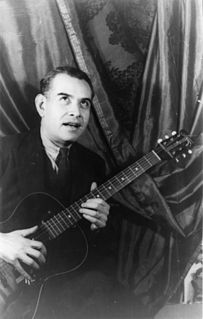A Quote by Ai Weiwei
Because Chinese art is booming, it legitimizes this profession.
Quote Topics
Related Quotes
There are photographers who push for war because they make stories. They search for a Chinese who has a more Chinese are than the others and they end up finding one. They have him take a typically Chinese pose and surround him with chinoiseries. What have they captured on their film? A Chinese? Definitely not: the idea of the Chinese.
What the art historians had forgotten is that in Chinese, Japanese, Persian, and Indian art, they never painted shadows. Why did they paint shadows in European art? Shadows are because of optics. Optics need shadows and strong light. Strong light makes the deepest shadows. It took me a few years to realize fully that the art historians didn't grasp that. There are a lot of interesting new things, ideas, pictures.
In the dear dead days beyond recall, when I was in my prime as a film critic, the industry was booming. Hollywood, to give them their due, always called it the industry, through quite a few imagined it as an art form and went through several hours regularly at tiresome films in the sacred cause of art.
I'm doing quite a few things now. In one day, I will go to Kassel, Germany, for a documentary project I've been preparing for half a year. I will bring 1,001 Chinese to participate as my artwork there - any Chinese who is a Chinese passport holder and over eighteen years old could apply through my blog. I'm just bringing them to Kassel to see the art show, and pay their room and board.
Until the age of five, my parents spoke to me in Chinese or a combination of Chinese and English, but they didn't force me to speak Mandarin. In retrospect, this was sad, because they believed that my chance of doing well in America hinged on my fluency in English. Later, as an adult, I wanted to learn Chinese.


